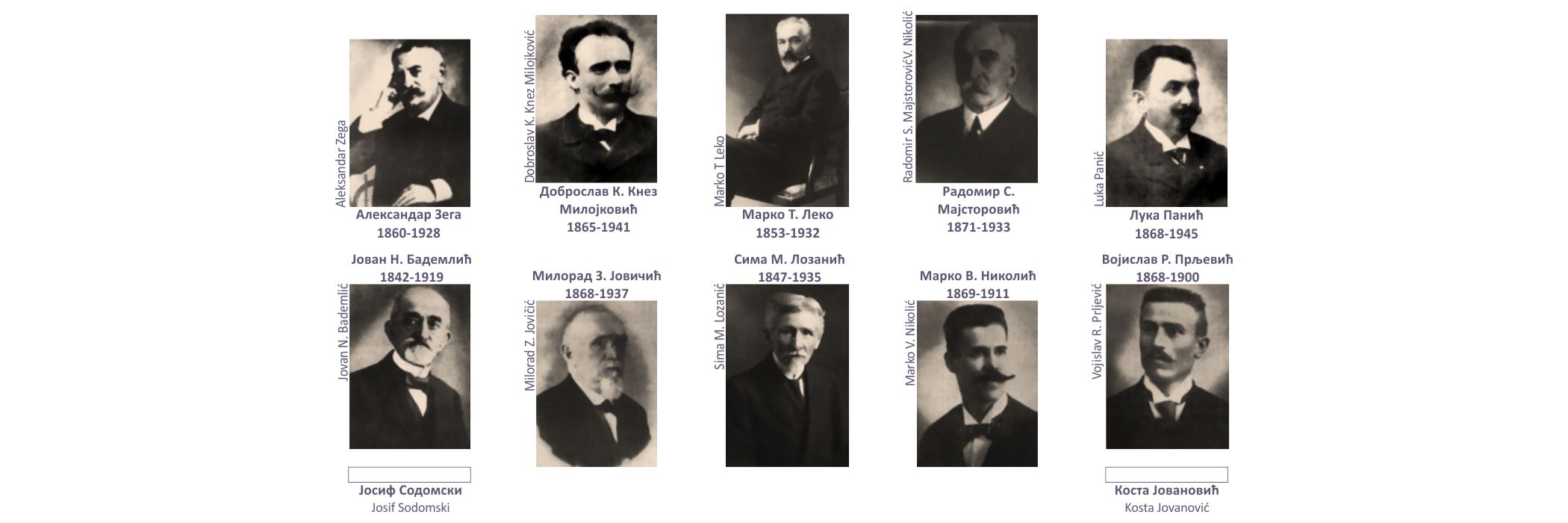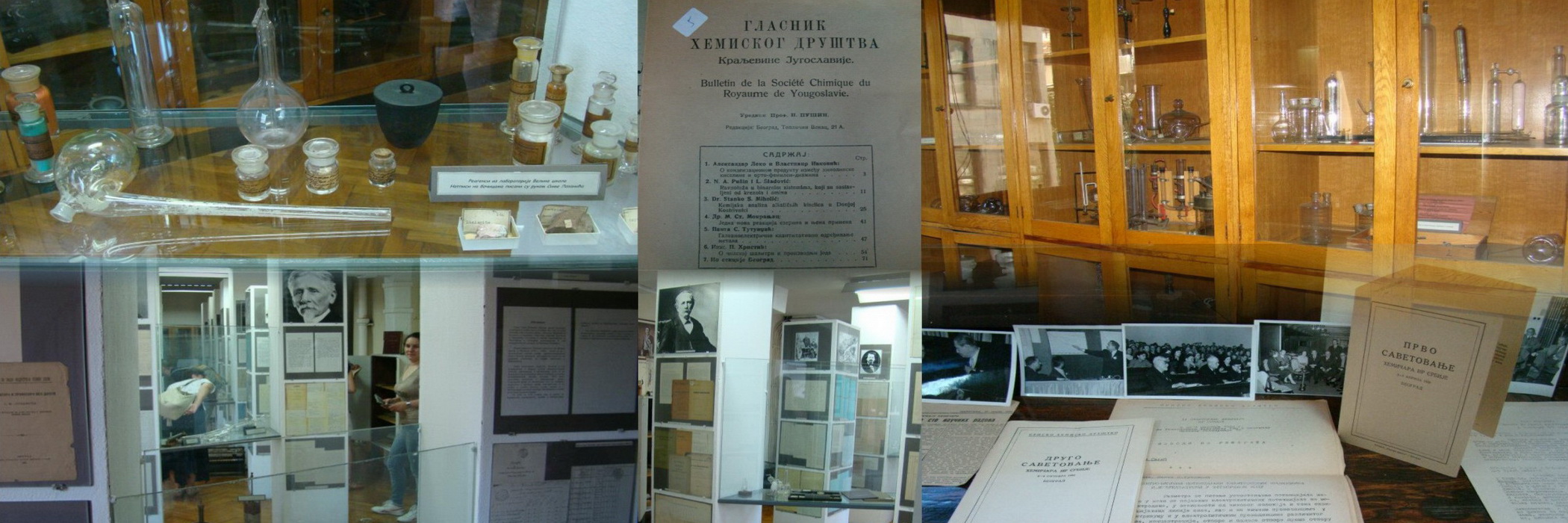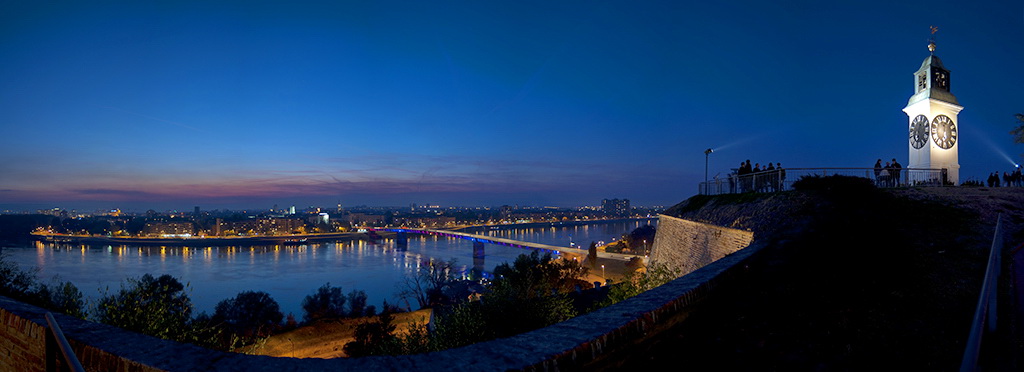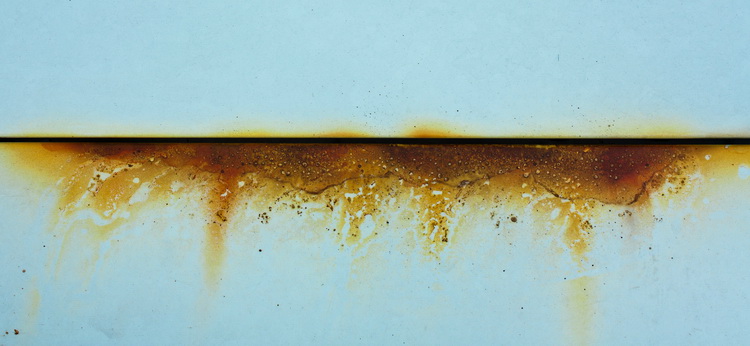СХД
Announcement regarding the ISE Satellite Meeting
Recent Trends in Electrochemistry of Deposition, Dissolution and Corrosion - Novi Sad, Serbia from August 25 - 28, 2020.
The World Health Organization and National governments are expected to advise social distancing and avoidance of large gatherings for the foreseeable future in 2020. Since the safety of all participants is our first priority, and according to decision of ISE Executive Committee, the Serbian Chemical Society decided, with much regret, that the ISE Satellite Meeting Recent Trends in Electrochemistry of Deposition, Dissolution and Corrosion in Novi Sad cannot go ahead as planned. This decision was made following consideration of the necessary caution that must be exercised in the current unprecedented situation, as well as the uncertainty of international travel possibilities in August/September this year.
Although the Meeting Recent Trends in Electrochemistry of Deposition, Dissolution and Corrosion 2020 will not take place, the Serbian Chemical Society will consider other possibilities in due course.
About Symposium
This Simpozium is dedicated to the memory on two esteemed electrochemists who made a profound impact on several areas of electrochemical science, professor Aleksandar Despić and professor Dragutin Dražić.
 Professors Despić and Drazić were professors at the Faculty of Technology and Metallurgy, University of Belgrade, and members of the Serbian Academy of Sciences and Arts. Their groundbreaking work on fundamental electrode kinetics, metal deposition and dissolution processes, but also electrocatalysis and electrochemical power sources has made them two of the most renowned electrochemists in the second half of the XX century. Both, being very dedicated to teaching and passing their knowledge onto next generations of electrochemists, were the founders of several research groups and institutes at the University of Belgrade that, along with the Faculty of Technology and Metallurgy, make the core of what is recognized as the Belgrade School of Electrochemistry.
Professors Despić and Drazić were professors at the Faculty of Technology and Metallurgy, University of Belgrade, and members of the Serbian Academy of Sciences and Arts. Their groundbreaking work on fundamental electrode kinetics, metal deposition and dissolution processes, but also electrocatalysis and electrochemical power sources has made them two of the most renowned electrochemists in the second half of the XX century. Both, being very dedicated to teaching and passing their knowledge onto next generations of electrochemists, were the founders of several research groups and institutes at the University of Belgrade that, along with the Faculty of Technology and Metallurgy, make the core of what is recognized as the Belgrade School of Electrochemistry.
The symposium is supported by
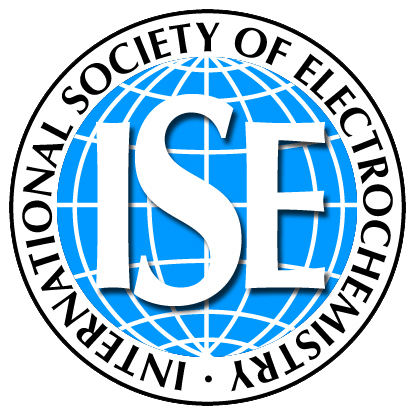
Symposium topics include but are not limited to:
-
Electrochemical deposition techniques, electrochemical deposition of metals and alloys, underpotential deposition, electroless deposition, electrodeposition of disperse (powdered) deposits, molten salt electrolysis, electrochemical coating technology, electroplating, nanofabrication, composite coatings for implants and tissue engineering scaffolds
-
Electrochemical dissolution processes
-
Corrosion mechanisms, methods, modeling and monitoring, tribocorrosion, corrosion and wear protection, surfaces characterisation related to the corrosion resistance, corrosion of cultural material heritage (Archeological and Hystorical), corrosion of Biomaterials, smart coatings for corrosion protection
-
Electrochemical methods for synthesis of micro- and nano-sized metal and metal oxide powders, nanomaterials used in electrochemical applications
Location: University of Novi Sad, Central Building (Rectorate)
Address: Dr Zorana Đinđića 1, Novi Sad, Serbia
Language:The official language of the symposium is English.
Giftofvision - Sneakers search engine | Autres
- Category: DDSymp
- Hits: 17465
Profs. Despić and Dražić
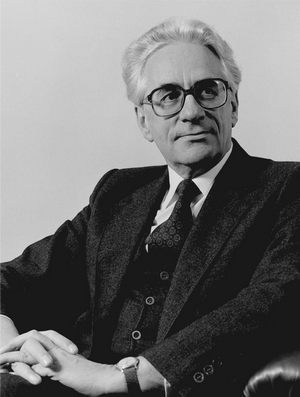 Professor Aleksandar Despić was born in Belgrade in 1927. He graduated from the Faculty of Technology and Metallurgy, University of Belrade in 1951. as an outstanding student. After three years spent in London (1953-1955), he obtained a Diploma from the Imperial Colledge of Science and Technology, and a PhD from the University of London in 1955. He joined the Faculty of Technology and Metallurgy at the University of Belgrade, where he eventually became a professor in 1971. He thaught Physical Chemistry, Colloid Chemistry, Chemical Kinetics and several courses related to Electrochemistry at the Department of Physical Chemistry and Electrochemistry. He was a visiting scientist in the Electrochemistry Laboratory of the University of Pennsylvania, Philadelphia, USA, from 1957 to 1959, and a visiting professor in 1968. He was a visting professor at other universities worldwide as well. Professor Despić was a full member of the Serbian Academy of Science and Arts (elected Vice-president in 1981 and President in 1994), a member of the European Academy of Surface Technology and the European Academy of Science and Arts and Member Correspondent of the Croatian and Slovenian Academy of Sciences and Arts.
Professor Aleksandar Despić was born in Belgrade in 1927. He graduated from the Faculty of Technology and Metallurgy, University of Belrade in 1951. as an outstanding student. After three years spent in London (1953-1955), he obtained a Diploma from the Imperial Colledge of Science and Technology, and a PhD from the University of London in 1955. He joined the Faculty of Technology and Metallurgy at the University of Belgrade, where he eventually became a professor in 1971. He thaught Physical Chemistry, Colloid Chemistry, Chemical Kinetics and several courses related to Electrochemistry at the Department of Physical Chemistry and Electrochemistry. He was a visiting scientist in the Electrochemistry Laboratory of the University of Pennsylvania, Philadelphia, USA, from 1957 to 1959, and a visiting professor in 1968. He was a visting professor at other universities worldwide as well. Professor Despić was a full member of the Serbian Academy of Science and Arts (elected Vice-president in 1981 and President in 1994), a member of the European Academy of Surface Technology and the European Academy of Science and Arts and Member Correspondent of the Croatian and Slovenian Academy of Sciences and Arts.
Professor Despić was one of the founders of the todays Department of Electrochemistry of the Institute for Chemistry, Technology and Metallurgy, University of Belgrade, where he served as a director in two periods. He was also one of the founders of the Center for Multidisciplinary Research and its Energy Research group. These institutes, together with the Faculty of Technology and Metallurgy have become what is known woldwide as the Belgrade electrochemistry school, thanks to the foundations set by professor Despić and his collaborators. The Museum of Science and Technology in Belgrade was founded mainly through initiative and efforts of this great man and scientist. Throughout his career Professor Despić has been a dedicated teacher and advisor, whose many students and collaborators have spread his knowledge in Electrochemistry on the new generations of scientists both in Belgrade, and around the world. He was one of the most significant Serbian scientists of the 2nd half of the XX century, and his contribution to worlds Electrochemistry has been recognized mostly in defining the mechanism of anodic dissolution of iron together with professors Bockris and Dražić („BDD mechanism“). He has also contributed to the fields of electrode reaction kinetics and mechanisms, metal electrodeposition, electrochemical power sources, mass transfer in electrochemical systems and chlor-alkali electrolysis through 18 books, textbooks and monographies, numerous studies and patents and over 160 scientific papers.
R.Adžić, J. Electroanal. Chem. 448 (1998) 151–158, М.Јевтић, Упоришта Александра Деспића, Завод за уџбенике и наставна средства, Београд, 2001, Јелена Бајат, Срспка енциклопедија
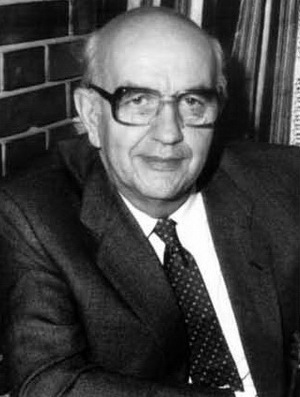 Professor Dragutin Dražić was born in Belgrade in 1930. He graduated from the Department of Chemical Technology at the Faculty of Technology and Metallurgy, University of Belgrafe, with the highest grade in 1956. After graduation, he joined the teaching staff of the same school, in the Department of Physical Chemistry and Electrochemistry, in which he spent his entire career, commencing as an assistant lecturer and becoming a professor. He taught very successfully a variety of subjects, such as Electrode Kinetics, Corrosion, Electrochemical Double Layer and Adsorption (postgraduate) and finally, Physical Chemistry – a General Course. He was the Head of the Department of Physical Chemistry and Electrochemistry for several years. In July 1959 he went to the USA, to join the Electrochemistry Laboratory of the University of Pennsylvania in Philadelphia, led by Professor John O’Mara Bockris. In 1970 he returned to that Laboratory by invitation of Professor Bockris, to spend another year there as a group leader in several subject areas within electrochemistry. As a parallel occupation, he joined the Electrochemistry Department of the Institute of Chemistry, Technology and Metallurgy (ICTM) at the time of its formation in 1961, where he was an active project and group leader and the Director of that institution.
Professor Dragutin Dražić was born in Belgrade in 1930. He graduated from the Department of Chemical Technology at the Faculty of Technology and Metallurgy, University of Belgrafe, with the highest grade in 1956. After graduation, he joined the teaching staff of the same school, in the Department of Physical Chemistry and Electrochemistry, in which he spent his entire career, commencing as an assistant lecturer and becoming a professor. He taught very successfully a variety of subjects, such as Electrode Kinetics, Corrosion, Electrochemical Double Layer and Adsorption (postgraduate) and finally, Physical Chemistry – a General Course. He was the Head of the Department of Physical Chemistry and Electrochemistry for several years. In July 1959 he went to the USA, to join the Electrochemistry Laboratory of the University of Pennsylvania in Philadelphia, led by Professor John O’Mara Bockris. In 1970 he returned to that Laboratory by invitation of Professor Bockris, to spend another year there as a group leader in several subject areas within electrochemistry. As a parallel occupation, he joined the Electrochemistry Department of the Institute of Chemistry, Technology and Metallurgy (ICTM) at the time of its formation in 1961, where he was an active project and group leader and the Director of that institution.
Professor Dražić was actively engaged in social activities, very active in the Serbian Chemical Society performing the duties of Bursar, Secretary, Vice-President and finally President of the Society. In 1985 he was elected as a life Honorary President of the Society. He was the Editor of the Journal of the Serbian Chemical Society. On the international scene, he was a National Secretary of the International Society of Electrochemistry, a Vice-President of that Society (1992–1994), a member of the Commission on Electrochemistry of IUPAC and of the Working Group on Electrochemistry of the European Federation of Chemical Engineers. In recognition of his achievements, in 1983 he was elected a Member correspondent and in 1991 a full Member of the Serbian Academy of Sciences and Arts. In 1995 he was awarded the Medal of the Serbian Chemical Society for Exceptional Contribution to Science. The scientific work of Professor Dražić resulted in 2 books, 3 chapters in international series of monographs, over 160 papers published in scientific journals, 28 professional studies and 7 patents. The main scientific interests of Professor Dražić were new electrochemical power sources, measuring methods and new technological systems and electrochemical processes of deposition, dissolution and corrosion of metals. The most important fundamental contribution of Professor Dražić, together with professors Despić and Bockris is that of elucidating the mechanism of anodic dissolution of iron („BDD mechanism“). Professsor Dražić through his work became one of the leading figures in contemporary electrochemistry who, with his successors, played a key role in forming what is known today as the Belgrade Electrochemistry School.
Prepared base on: A. Despić, J. Serb. Chem. Soc. 66 (2001) 731–733; В. Мишковић-Станковић, Живот и дело српских научника, књига 13, Јелена Бајат, Српска енциклопедија.
Running sport media | Women's Nike Air Jordan 1 trainers - Latest Releases , Ijmedph
- Category: DDSymp
- Hits: 3234
Invitation
It is our pleasure to invite you to join us in Novi Sad, Serbia from August 25 - 28, 2020. The magnificent city of Novi Sad, European Capital of Culture 2021, is the second largest city in Serbia and a modern city of culture, science, innovation and youth. This Simpozium is dedicated to the memory on two esteemed electrochemists who made a profound impact on several areas of electrochemical science, professor Aleksandar Despić and professor Dragutin Drazić, esteemed Serbian electrochemists and academitians. Both, being very dedicated to teaching and passing their knowledge onto next generations of electrochemists, were the founders of several research groups and institutes at the University of Belgrade that, along with the Faculty of Technology and Metallurgy, make the core of what is recognized as the Belgrade School of Electrochemistry.
buy footwear | Nike hulk nike dunks for sale on ebay shoes 2017 UV - Grailify
- Category: DDSymp
- Hits: 4870
Scope
The Despić & Dražić Symposium - Recent trends in Electrochemistry of Deposition, Dissolution and Corrosion aims to bring together researchers and scientists to discuss about cutting-edge electrochemical processes. The Symposium has a broad scope covering modern electrochemistry of deposition, dissolution and corrosion, from theoretical aspects to practical applications.
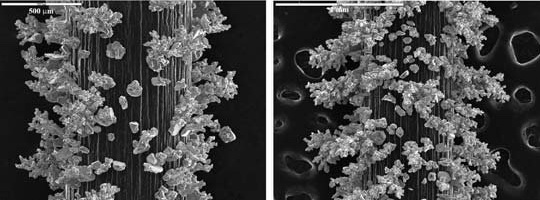 Groundbreaking work of professors Despić and Drazić on fundamental electrode kinetics, metal deposition and dissolution processes, but also electrocatalysis and electrochemical power sources has made them two of the most renowned electrochemists in the second half of the XX century. Thus, the focus of this Sympozium will be on new trends and accomplishments in the fields that they have set grounds for.
Groundbreaking work of professors Despić and Drazić on fundamental electrode kinetics, metal deposition and dissolution processes, but also electrocatalysis and electrochemical power sources has made them two of the most renowned electrochemists in the second half of the XX century. Thus, the focus of this Sympozium will be on new trends and accomplishments in the fields that they have set grounds for.
Our scope is devoted to the safe uses of chemistry and prevention of chemical hazards. The topics covered by the sympozium strongly support the prohibition of the development, production, stockpiling and use of chemical weapons and on their destruction.
latest Running | Zapatillas de running Nike - Mujer
- Category: DDSymp
- Hits: 4992


